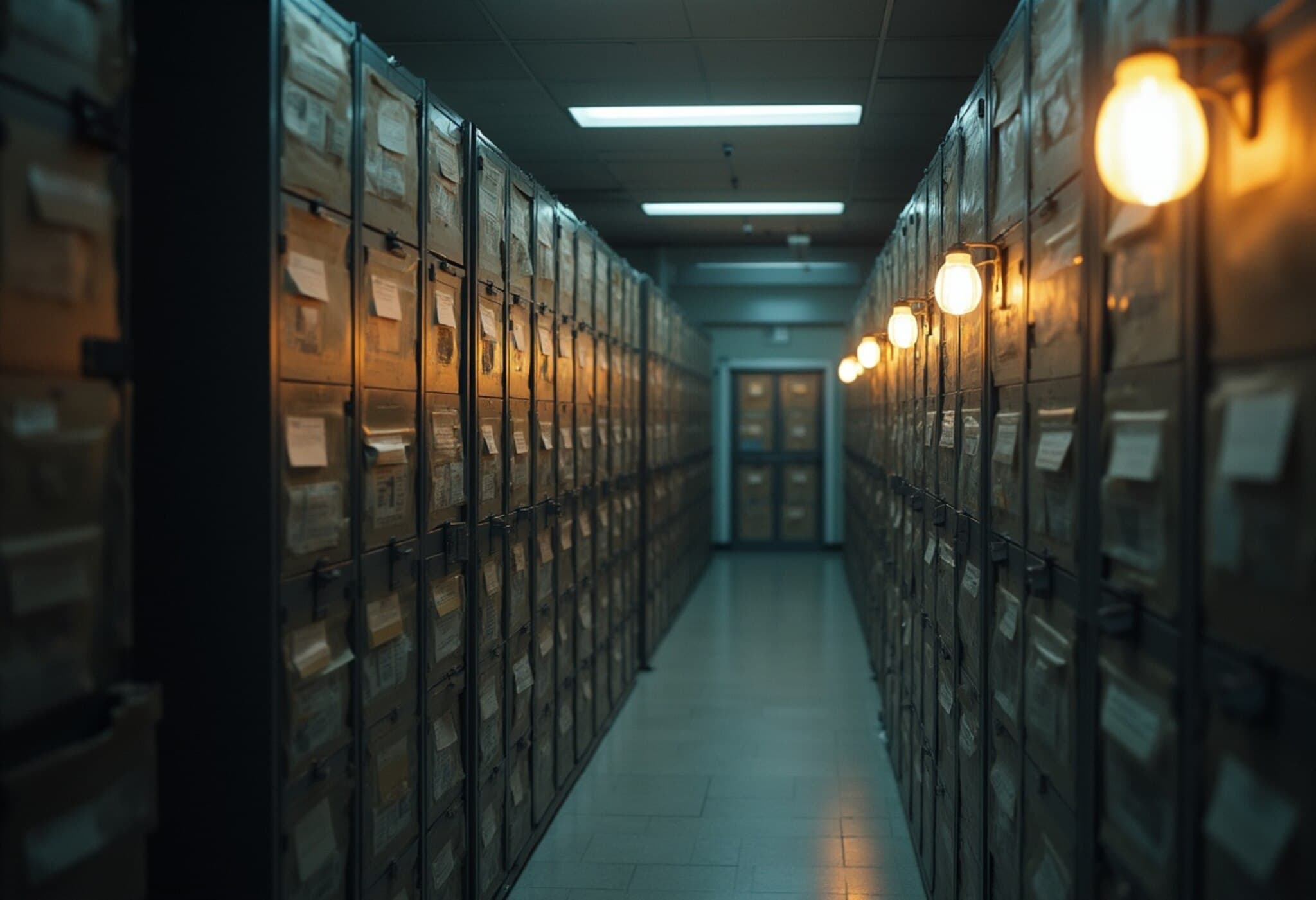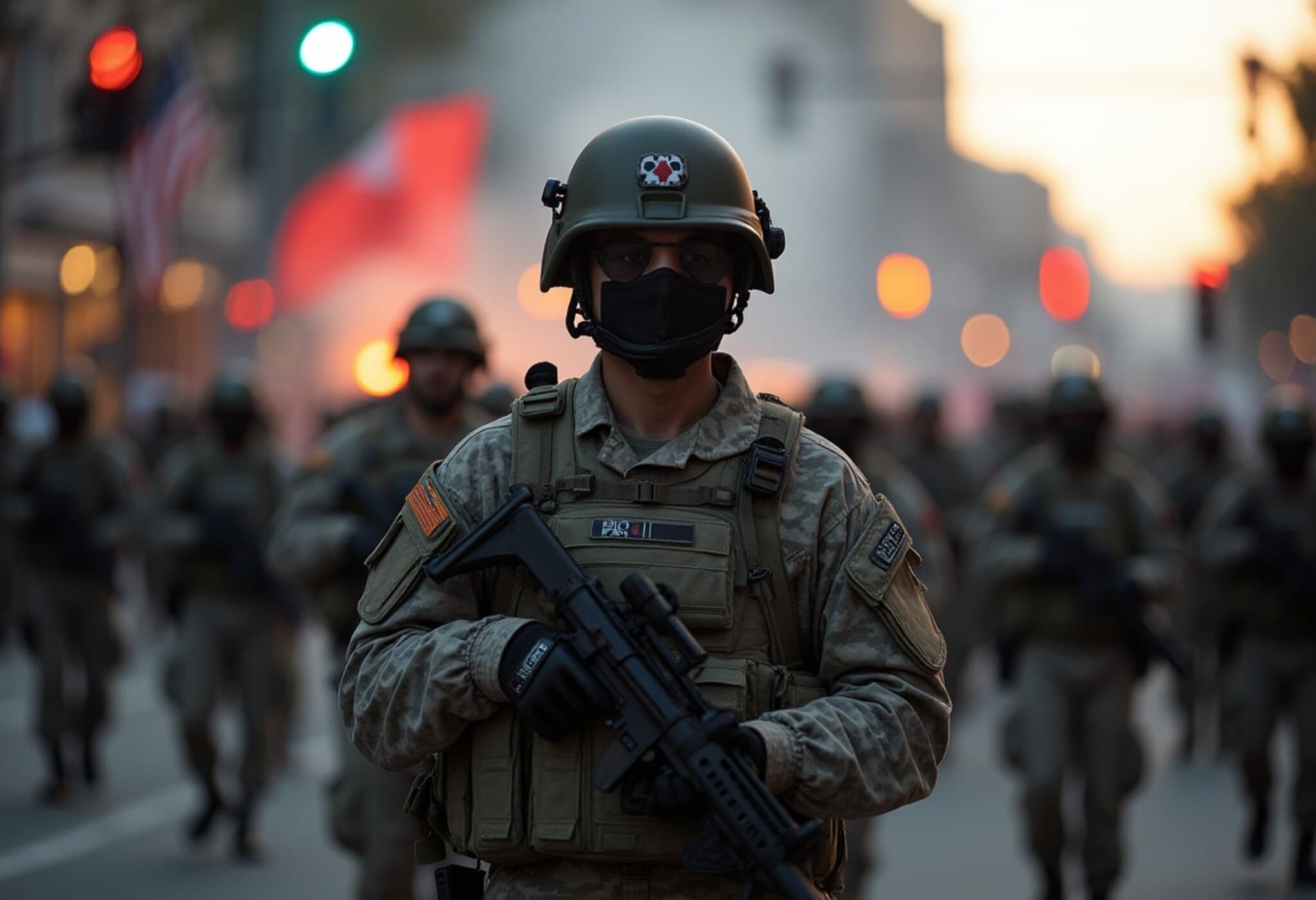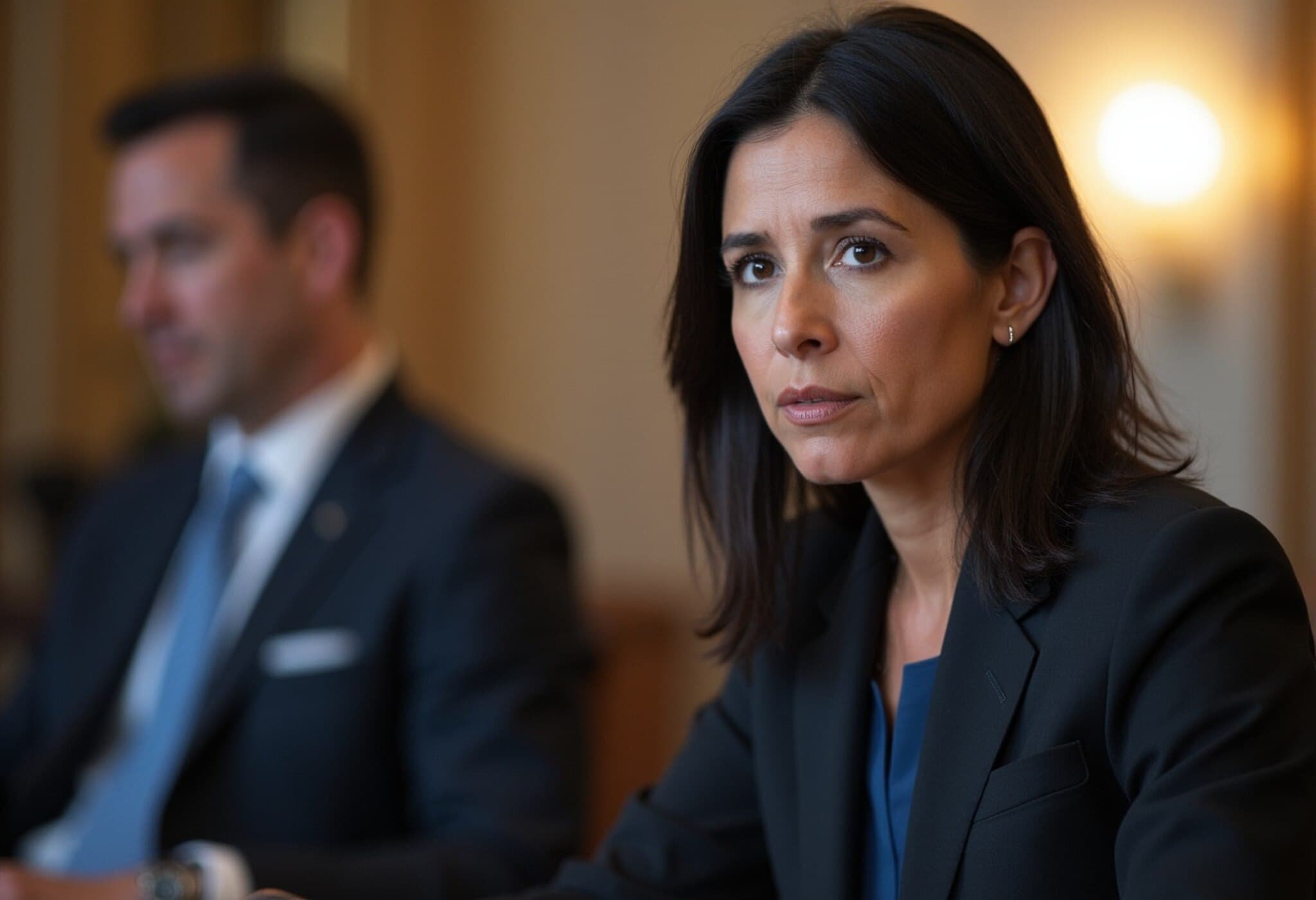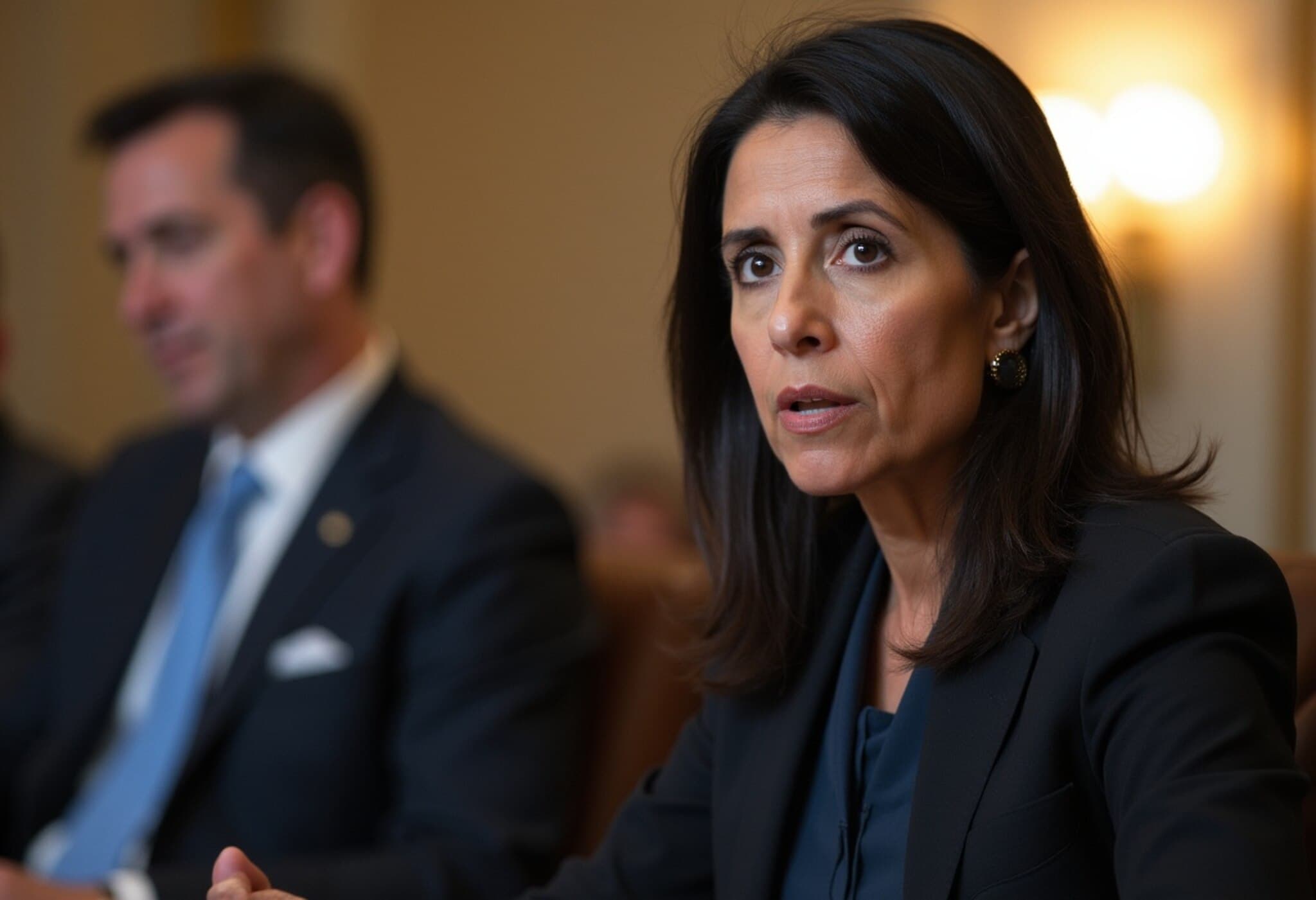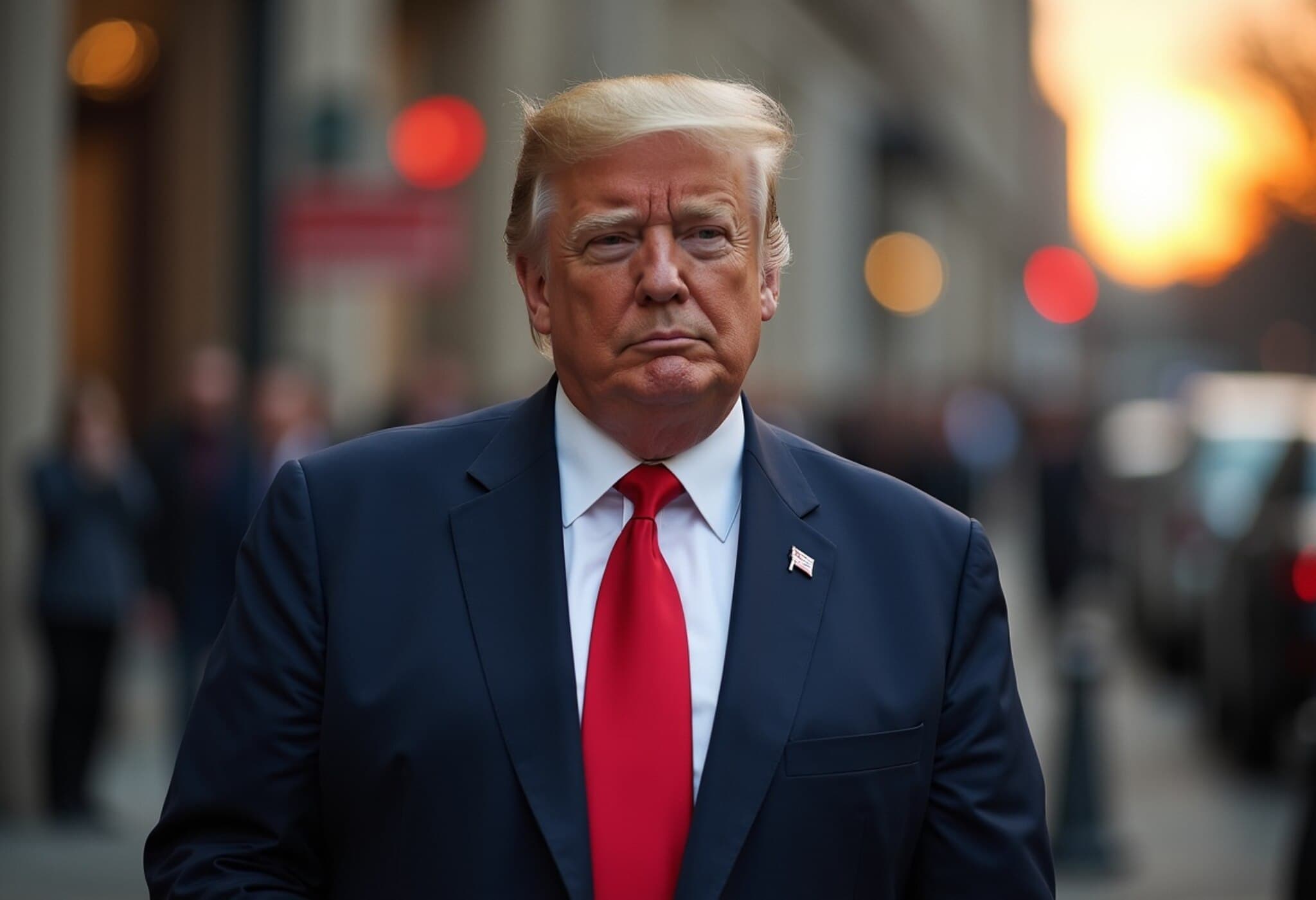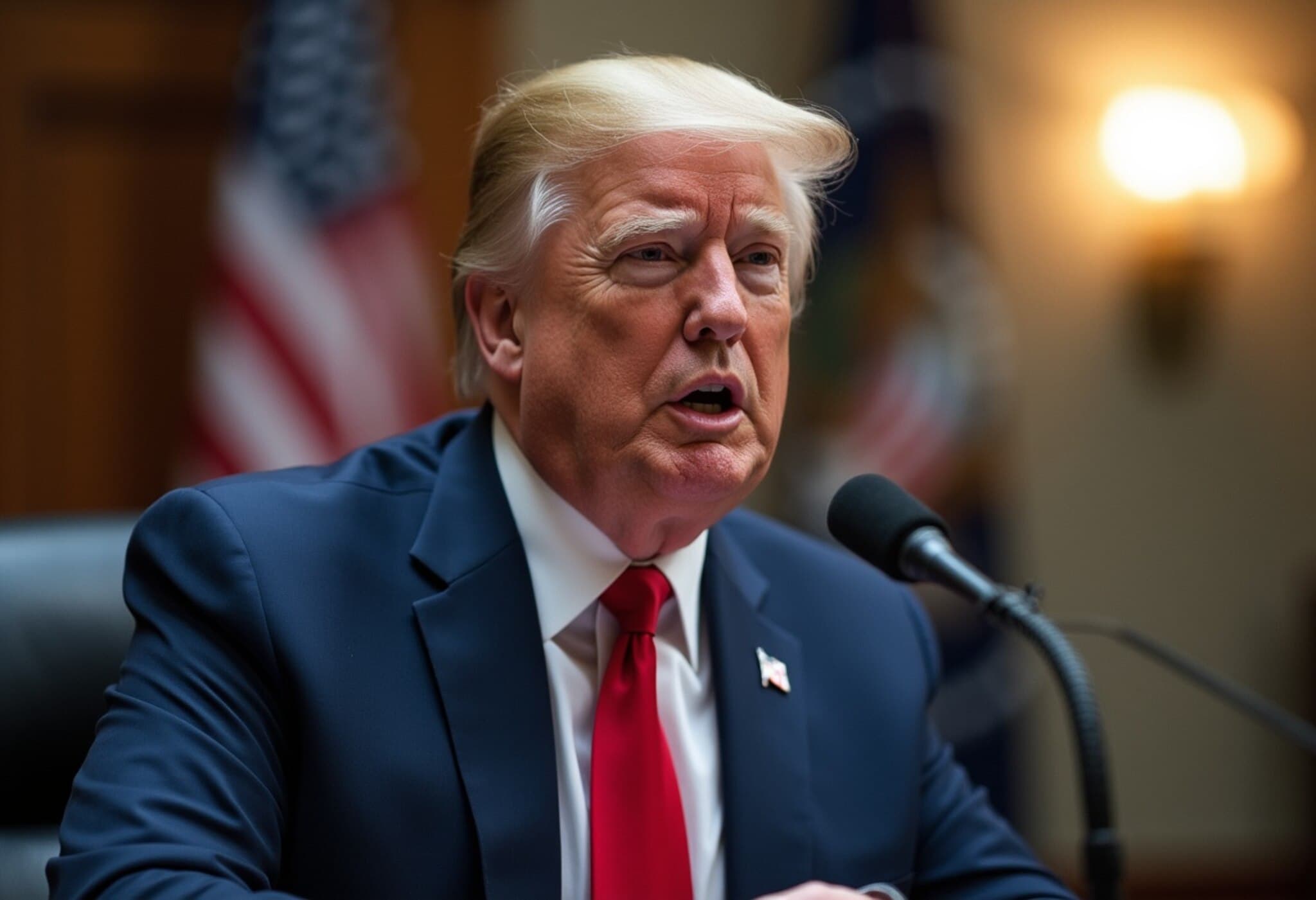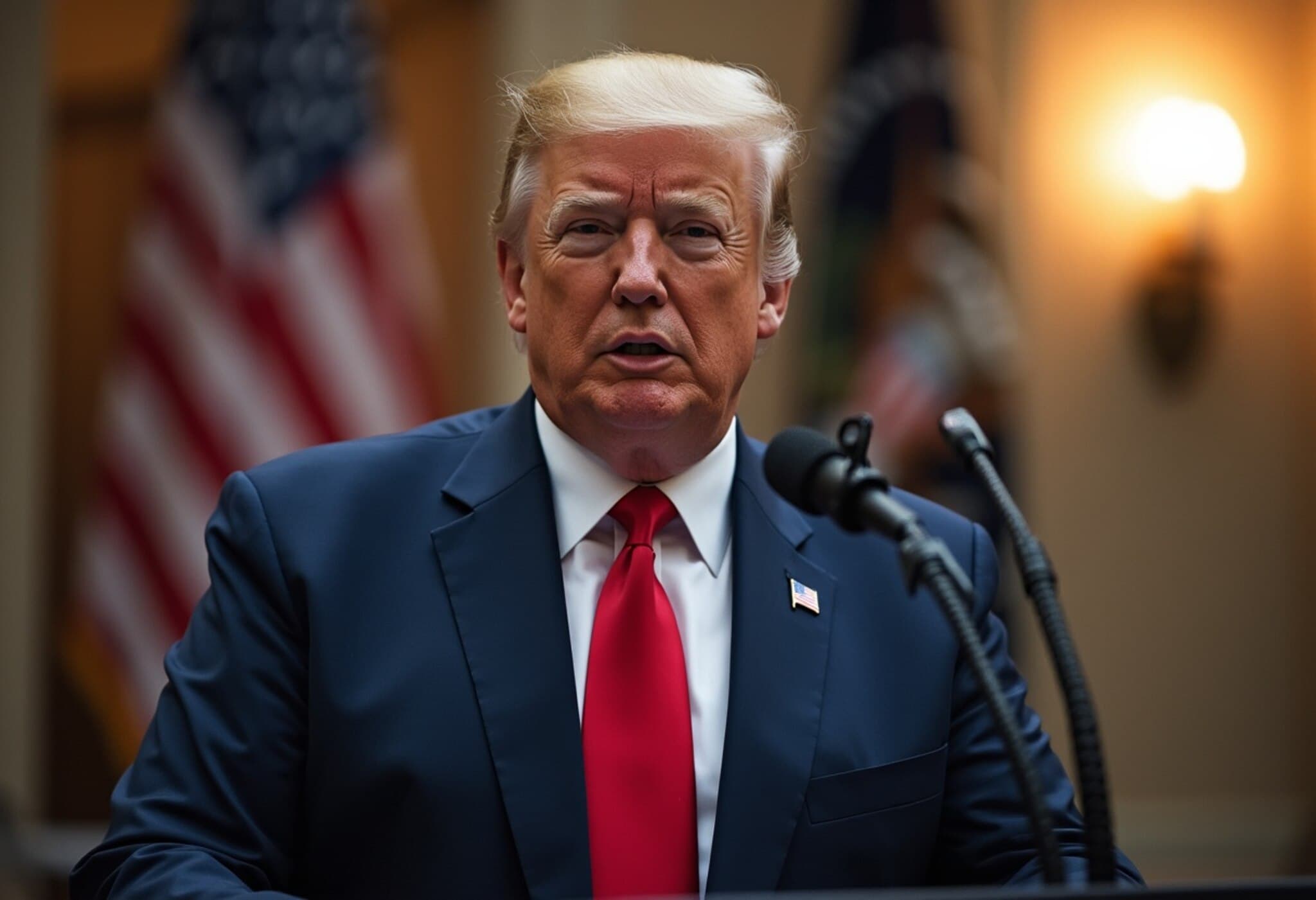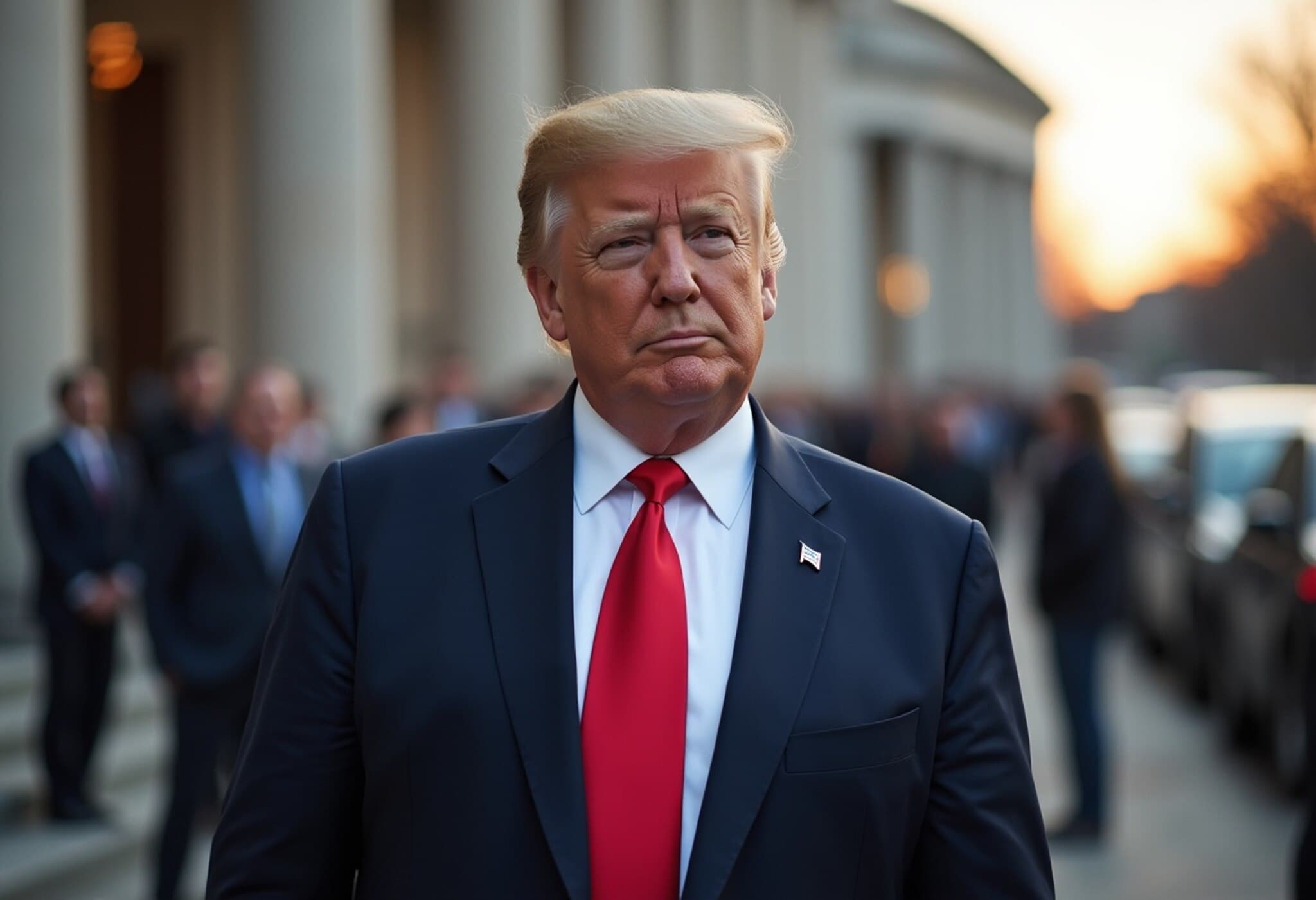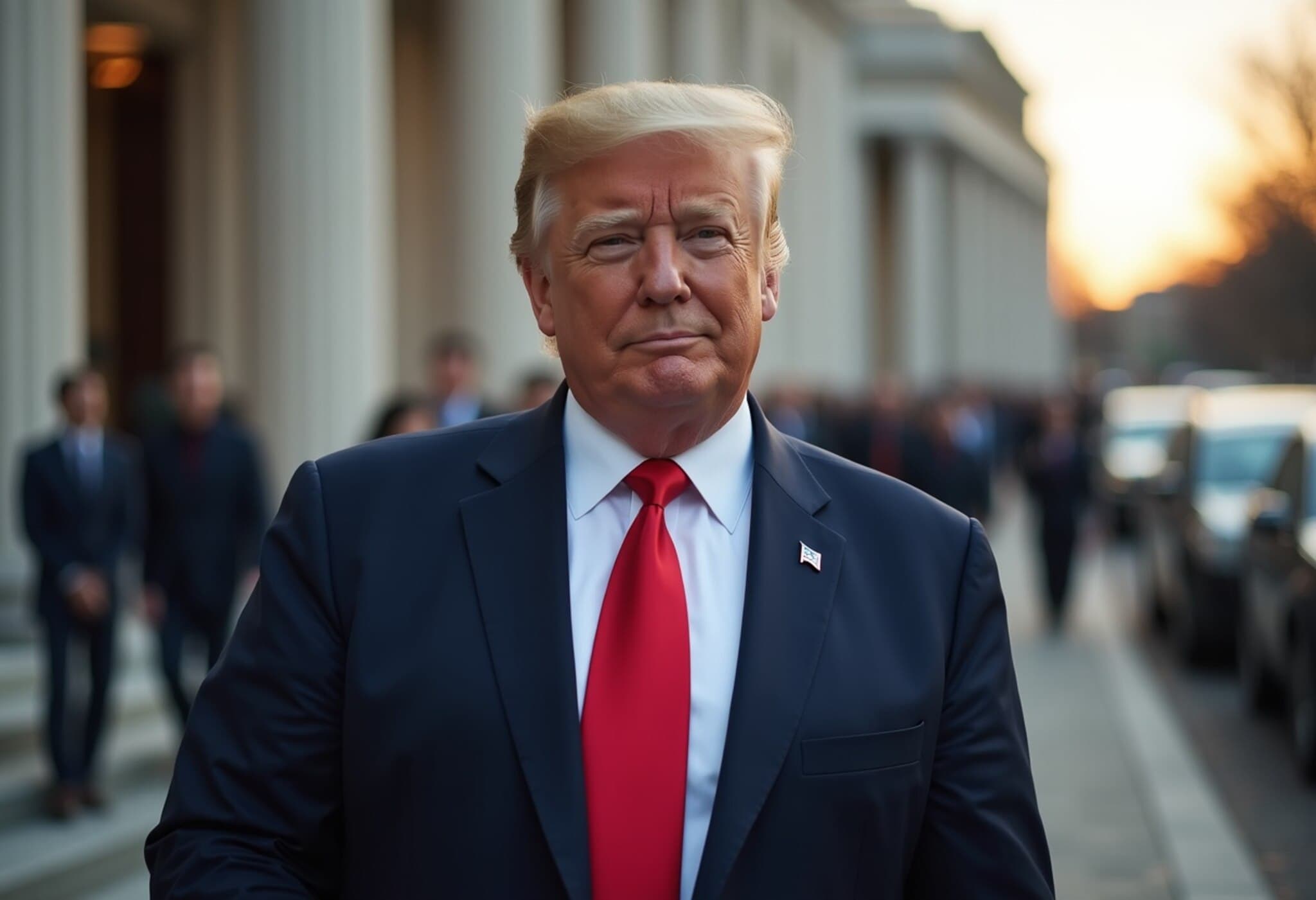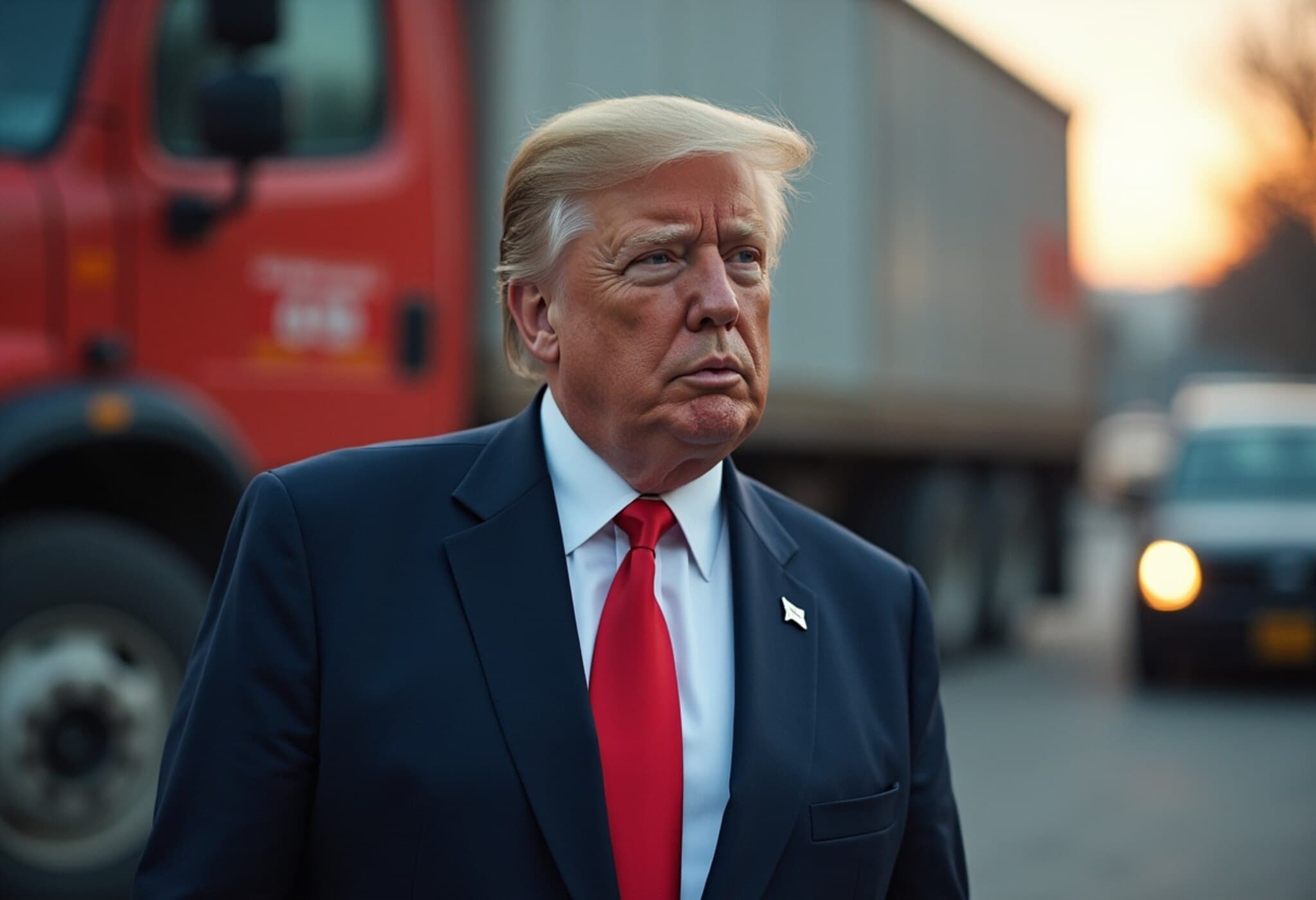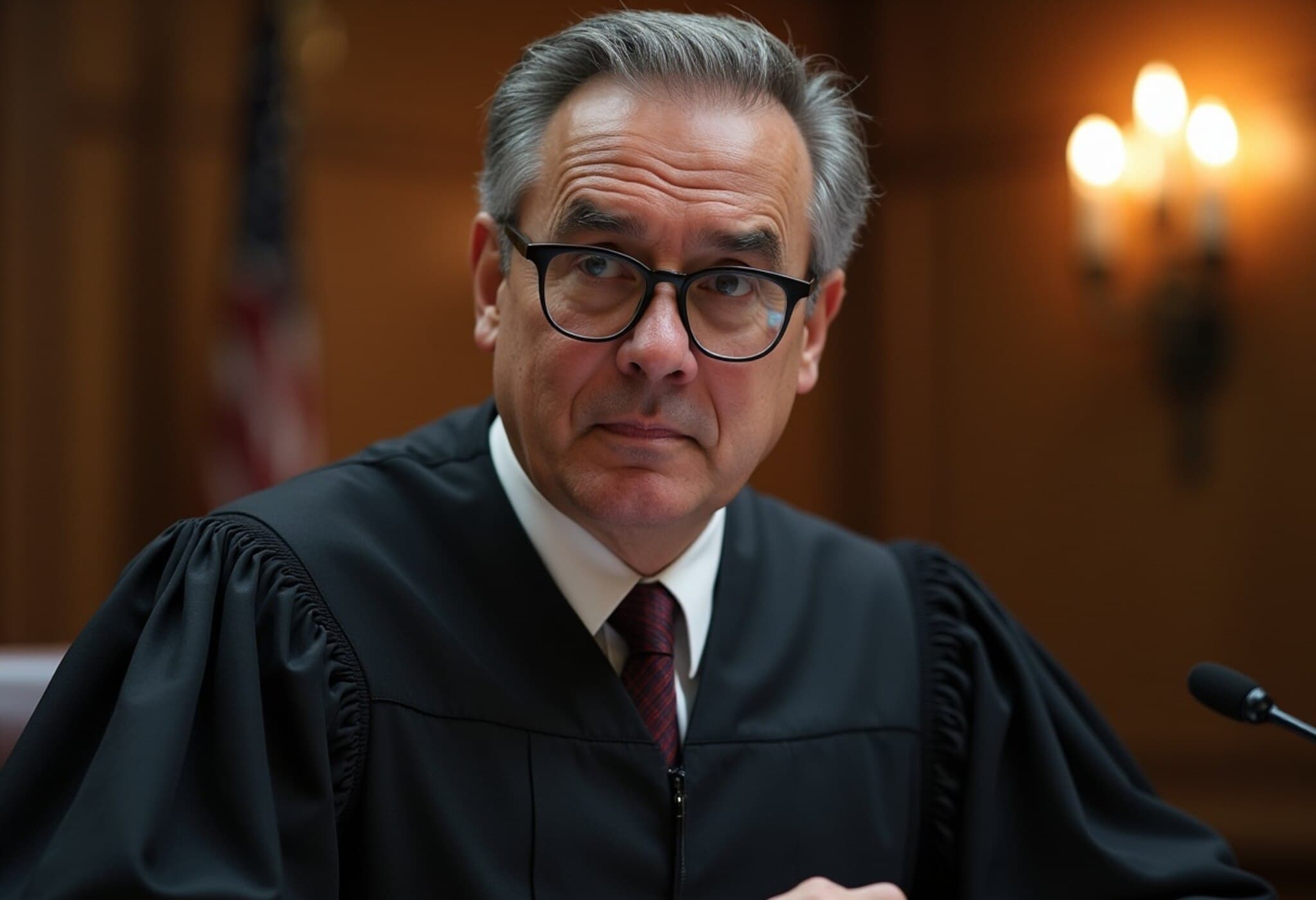FBI Director Kash Patel Discovers Secret Archive of Classified Documents
In a startling revelation from inside the FBI, Director Kash Patel has uncovered a previously unknown room within FBI headquarters containing multiple “burn bags” filled with thousands of classified and sensitive documents. Among these materials are files linked to the controversial Trump–Russia investigation—known as the Crossfire Hurricane probe—as reported by Fox News sources close to the matter.
What Are ‘Burn Bags’ and Why Do They Matter?
Burn bags are specially designated containers used to securely destroy classified or sensitive documents to prevent unauthorized access. The discovery of these untouched burn bags raises critical questions about the extent of previously undisclosed government records pertaining to national security investigations.
Among the trove of discovered items is a classified annex to former special counsel John Durham’s final report. This annex reportedly contains compelling intelligence that could dramatically reshape the public’s understanding of the FBI’s conduct during the early stages of investigating alleged collusion between former President Donald Trump’s campaign and Russia.
High-Level Coordination to Declassify Key Documents
Declassification of these records is now underway, led by a coalition of top intelligence and justice officials including CIA Director John Ratcliffe, Director of National Intelligence Tulsi Gabbard, Attorney General Pam Bondi, and Acting NSA Director William Hartman.
Once cleared, the documents will be handed over to Senator Chuck Grassley, Chairman of the Senate Judiciary Committee, who has expressed intent to make the materials public—a move that could significantly influence ongoing debates about governmental transparency and election integrity.
Revelations Point to FBI’s Early Role in Shaping Trump-Russia Narrative
Sources familiar with the annex assert it contains credible foreign intelligence suggesting the FBI may have actively promoted the Trump-Russia collusion storyline even before officially launching the Crossfire Hurricane investigation. This intelligence apparently foresaw the bureau’s investigative trajectory “with alarming specificity,” a detail that could recalibrate how historians and policymakers view the events preceding and during the probe.
Patel’s Whistleblower Turn: From Discovery to Transparency Advocate
After assuming leadership at the FBI, Patel uncovered a sensitive compartmented information facility (SCIF) previously unknown to many within the bureau, hidden during James Comey’s tenure. Speaking candidly on Joe Rogan’s podcast, Patel described the room as “full of documents and computer hard drives that no one had ever seen or heard of.”
He has since pledged to usher in an era of unprecedented transparency by releasing what he calls “truckloads” of files connected to politically sensitive investigations. Patel has accused prior FBI leadership of deliberately concealing critical documents to evade congressional and public scrutiny.
Congressional Oversight Intensifies
The Senate Judiciary Committee, under Senator Grassley’s stewardship, has begun a thorough review of the newly uncovered materials. Republicans have seized on this as potential evidence supporting claims that intelligence agencies may have improperly influenced the 2016 U.S. presidential election by targeting Trump’s campaign.
This development intensifies calls for a comprehensive, bipartisan examination of the FBI’s investigative practices and the role of intelligence agencies in high-stakes political affairs.
Implications for American Democracy and Intelligence Oversight
The findings in these classified annexes and documents touch on enduring tensions between national security secrecy and the democratic imperative for transparency. Experts caution that while protecting genuine secrets is critical, unchecked concealment risks eroding public trust and distorting history.
Understanding how and why the FBI may have shaped intelligence narratives before formal probes challenges assumptions about intelligence impartiality and political influence, raising urgent questions about safeguards against misuse of investigative power in future elections.
Editor’s Note
This discovery underscores the delicate balance between national security and democratic accountability. As declassification processes unfold, the American public—and world watchers alike—await a clearer picture of one of the most contested chapters in recent political history. Key questions remain: Will transparency unlock long-overdue answers, or will political narratives deepen division? How will this impact future intelligence reforms and election security? Stay tuned as this story develops.

